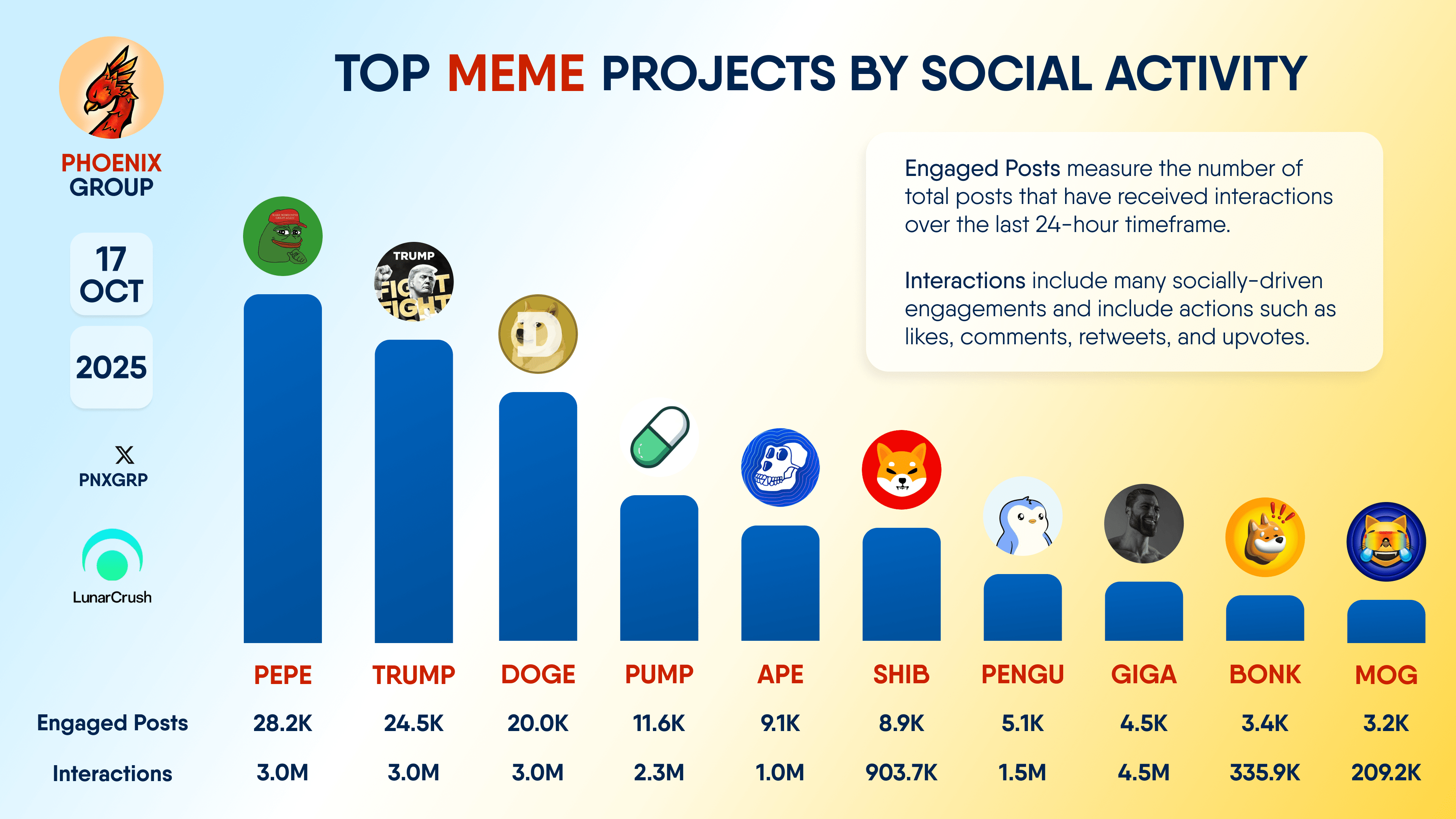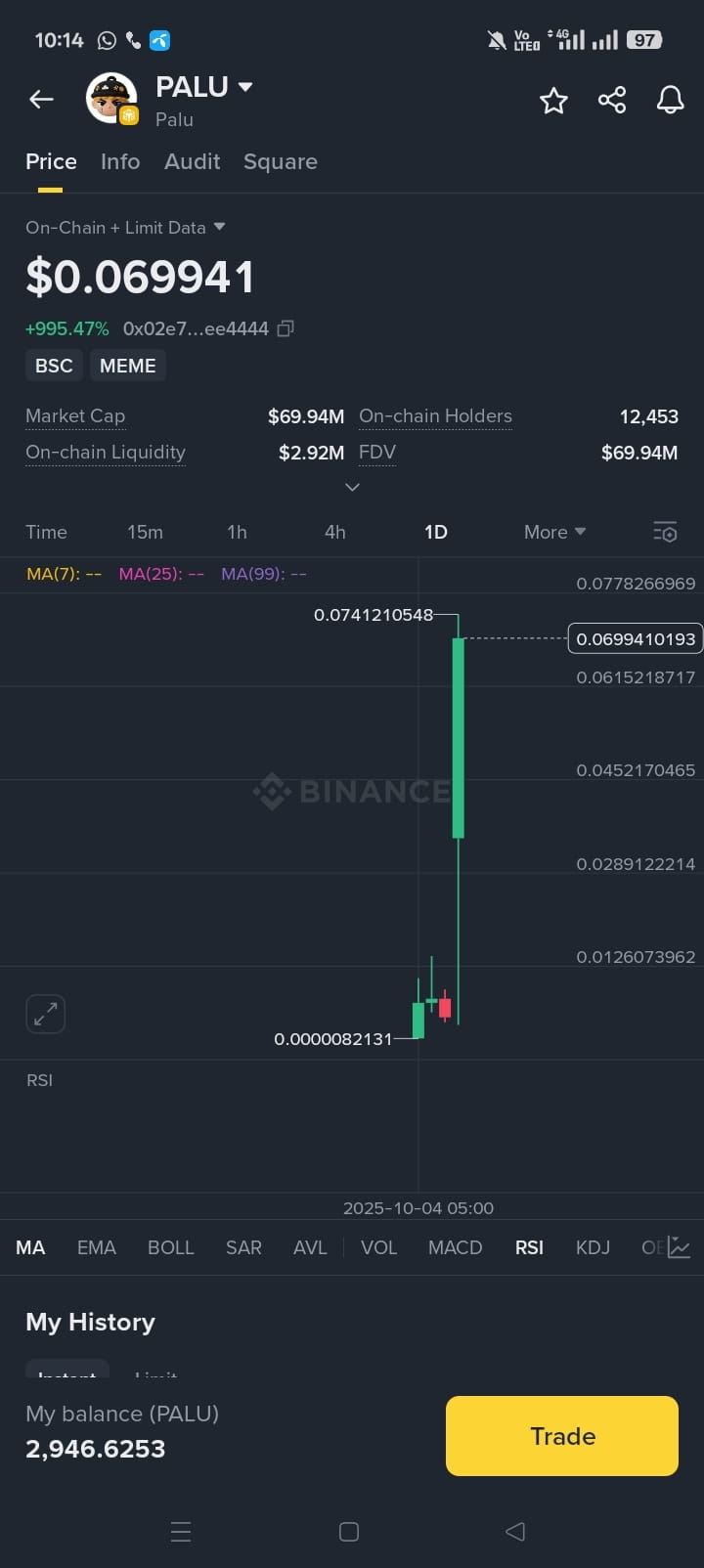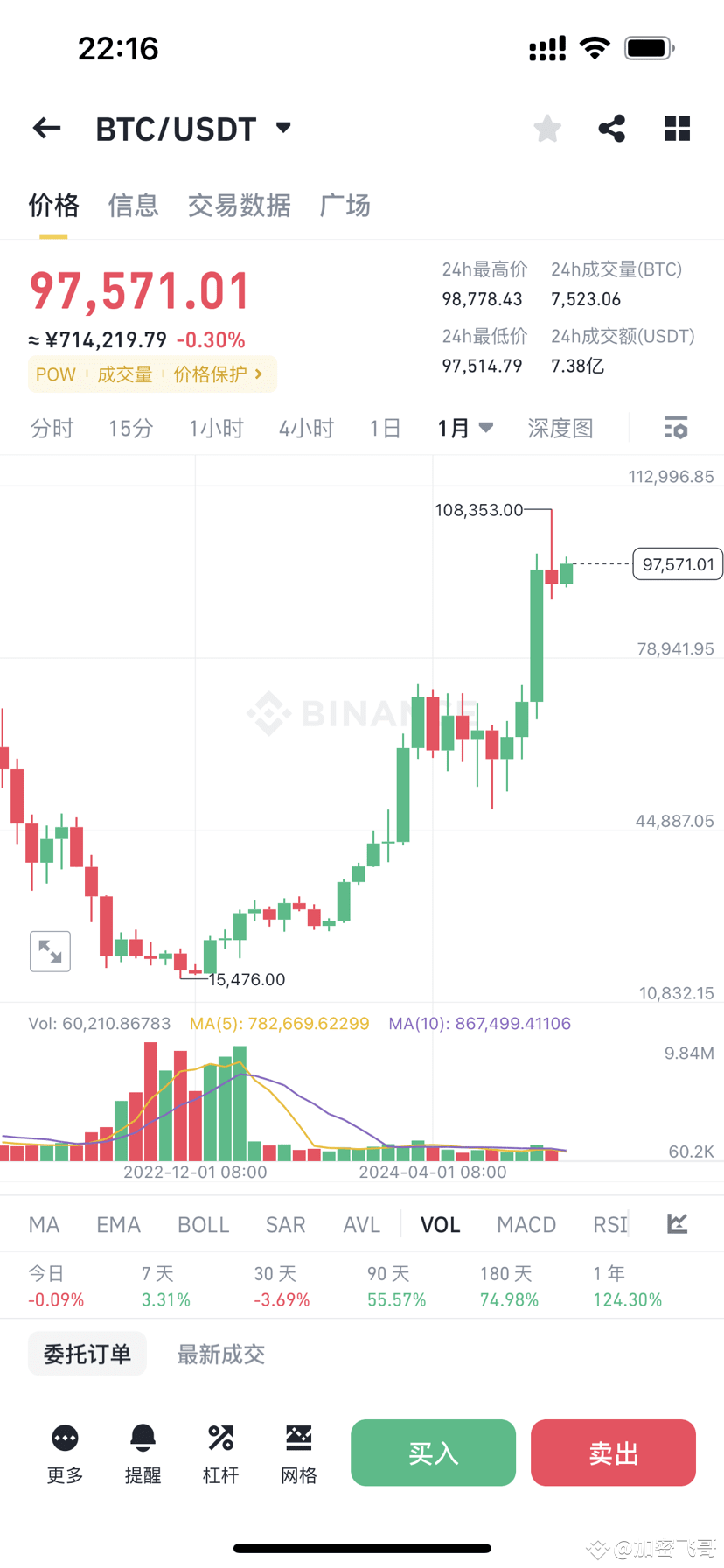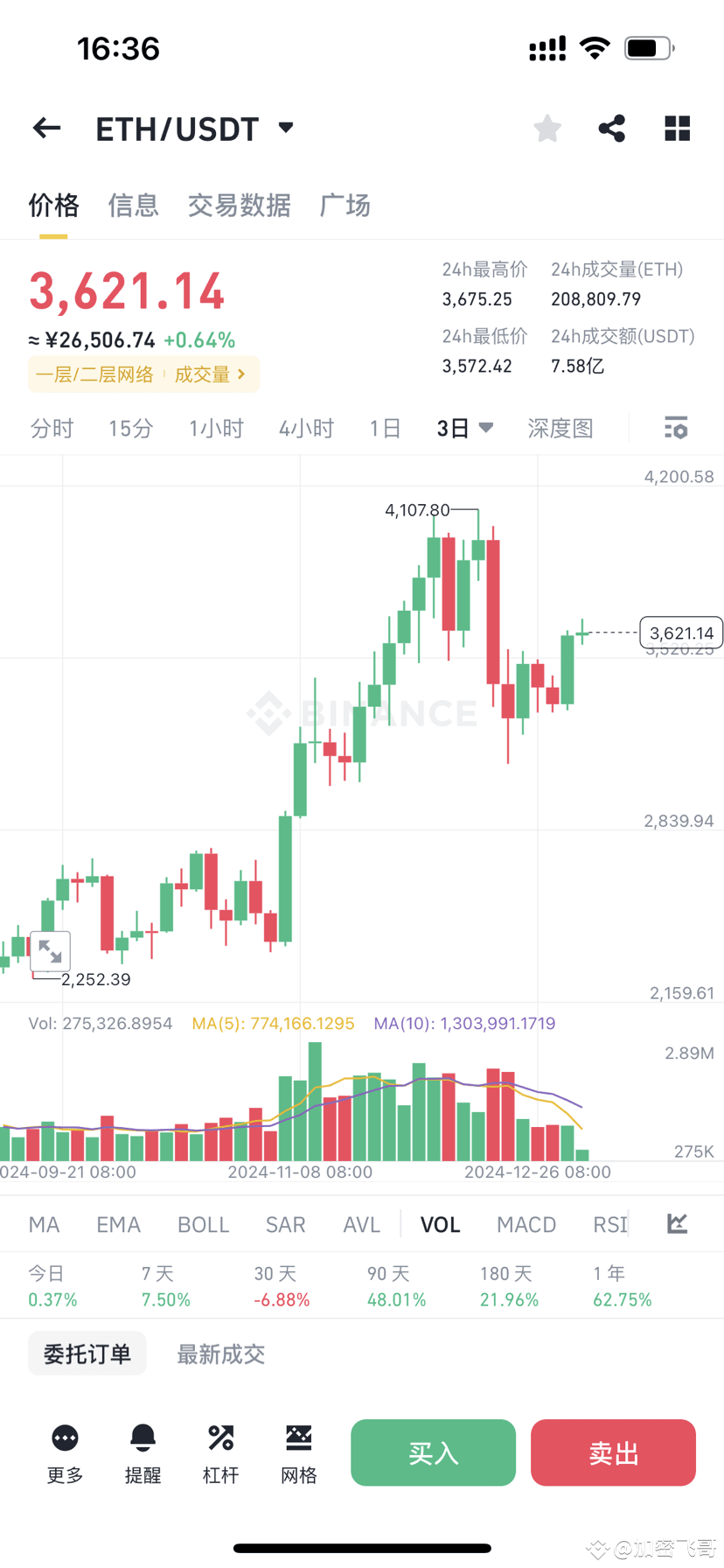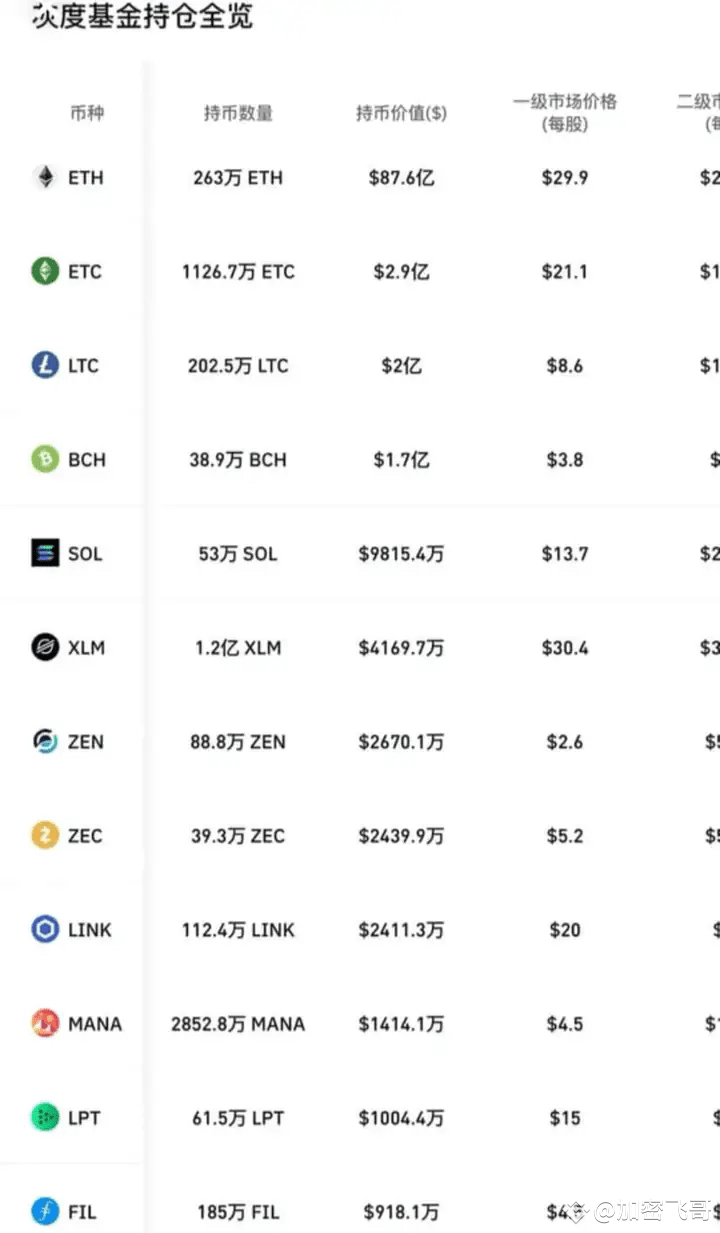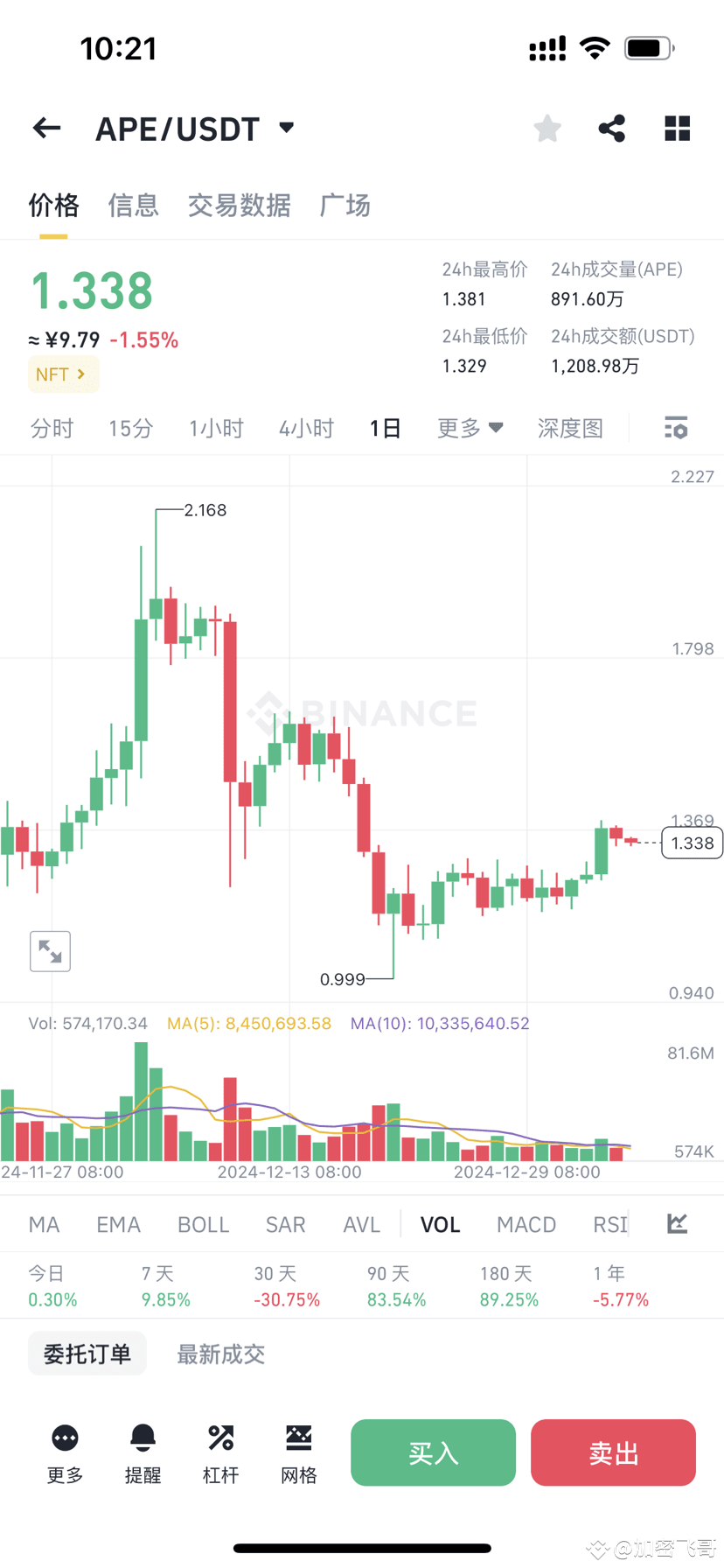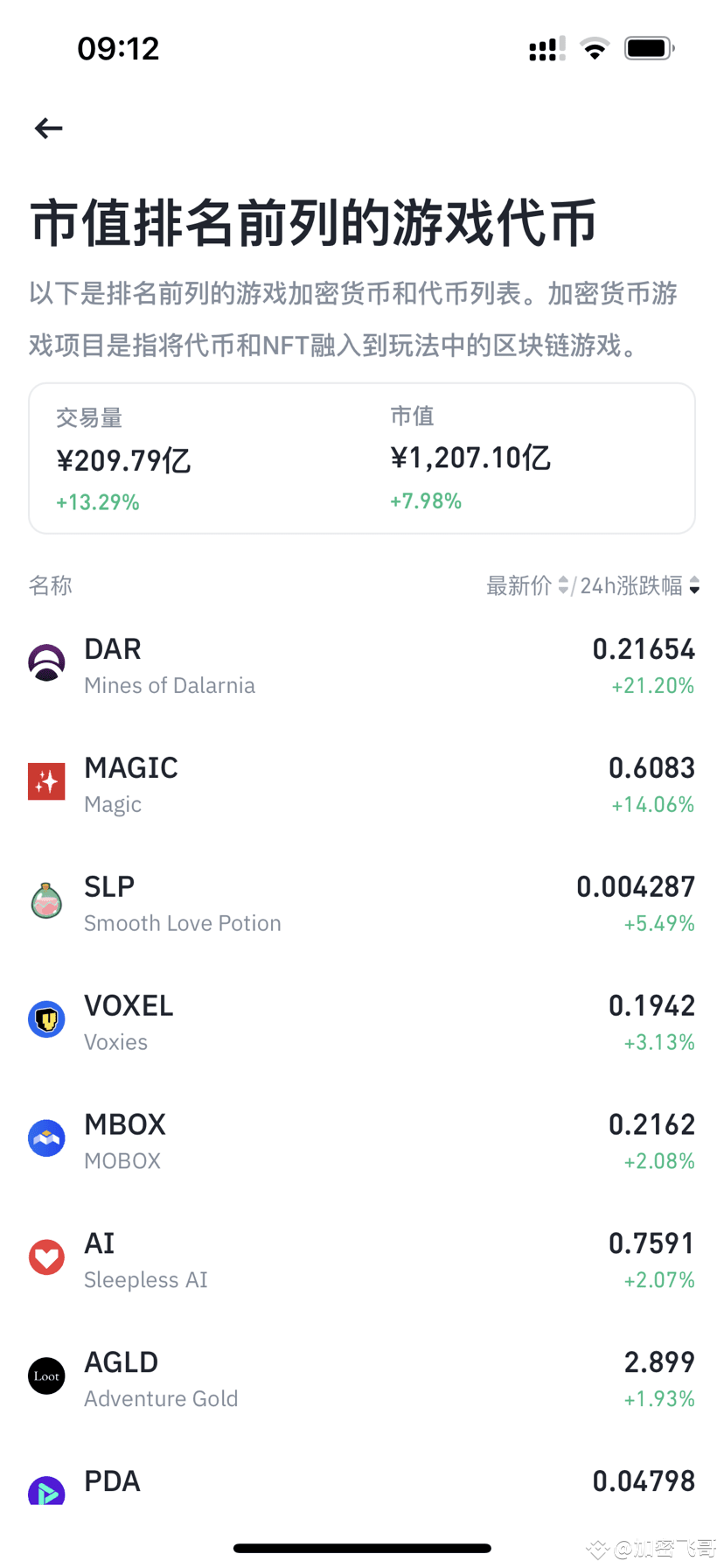Coin industry practitioners, let's talk about the people around you who make money in the cryptocurrency industry.Boss A, in the bull market of 2017, a recent graduate with a small goal. Then invest your own money and lead 7 or 8 people to work on the project. These 7 or 8 people all suffered losses during the bull market in 2017, it's just a matter of how much they differ. Later on, the project failed and the team disbanded. For the boss, it was just a loss of money.Boss B, in 2020 Gamefi received dividends, with costs of hundreds of thousands and profits of tens of millions. The boss was very generous, and each team member received a share of 100000.Colleague C, 2 rounds of bull and bear, earned 1 house, cashed out to buy a house, and played around with the rest, boasting about who in the cryptocurrency circle relies on their salary~Colleague D, a technical expert, is currently working full-time for MEV arbitrage and does not work. He earns several hundred ETH per year.Colleague E, a technical expert, has a gold injection script of 200000 RMB per month. I don't know what else I can do, but now I work overtime every day.I won't talk about what I've heard, there are really many opportunities. A few years ago, there were mining, deposit and withdrawal activities, and the recently passed DeFi NFT、 Can you believe that dogs and sheep can raise millions? If you bet on one, you don't have to worry about life anymore.In this circle, you may feel that there are too many things to do, too many opportunities, and money everywhere, it depends on whether you are willing to pick it up or not.However, too many survivors are biased.Almost all of my colleagues, entrepreneurs, and users around me are losing money and failing. 99% of projects in big companies are also losing money, relying solely on a few core businesses to make money. What are the 2 and 8 laws? It's not bad if 1% can make money.But there are still many people coming, and they can't stop it. It's not called the cryptocurrency circle now, it's called web3.0. Why? Because although the opportunity is very slim, such as 0.1%, it is still much higher than the 0.0001% in other markets and industries, isn't it. After all, ordinary people actually don't have many choices.


